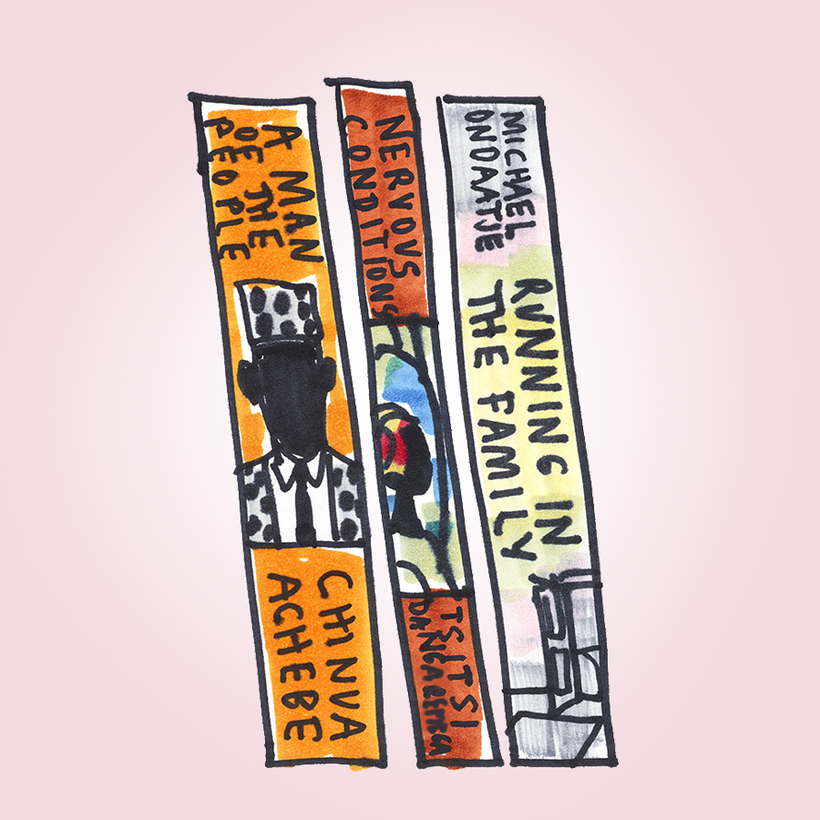Raised in what was then Rhodesia, later Zimbabwe, in the 1970s and 80s, the best-selling author was well versed in the Out of Africa genre—“books filled with ill-behaved European settlers and their long-suffering local housekeepers,” says Fuller, whose most recent book—a tribute to her father, Tim Fuller, who moved to Africa to fight in the Rhodesian Bush War before settling as a banana farmer in Zambia, titled Travel Light, Move Fast—is out now (Penguin will publish its paperback later this year). “The grand colonial adventure dressed up as one long picnic didn’t reflect my lived experience,” she says. It wasn’t until her late teens that she discovered those books that expose the settler experience from the perspective of the colonized; here, Fuller recommends a few.
The African Trilogy and A Man of the People, by Chinua Achebe
Chinua Achebe’s groundbreaking novels—from his African Trilogy (Things Fall Apart, Arrow of God, No Longer at Ease) to A Man of the People—were some of the first of this new genre that I read, and they riveted me. Achebe was Nigerian, not Zimbabwean, but I recognized in his pages what white writers were omitting in their work: the brutality of the colonial experience. “The white man is very clever,” Achebe writes in Things Fall Apart.“He came quietly and peaceably with his religion. We were amused at his foolishness and allowed him to stay. Now he has won our brothers, and our clan can no longer act like one. He has put a knife on the things that held us together and we have fallen apart.”


